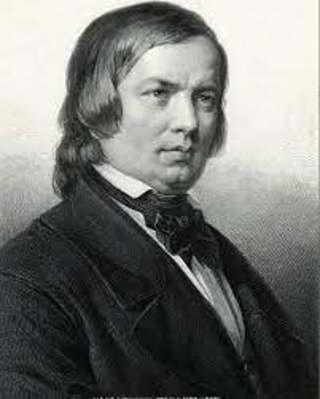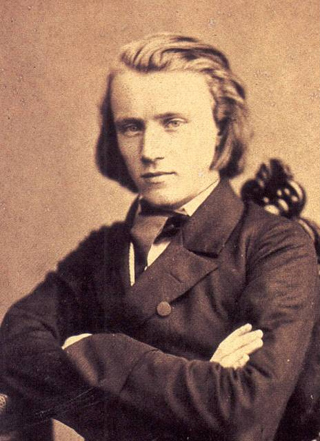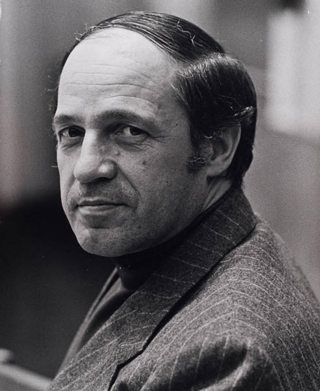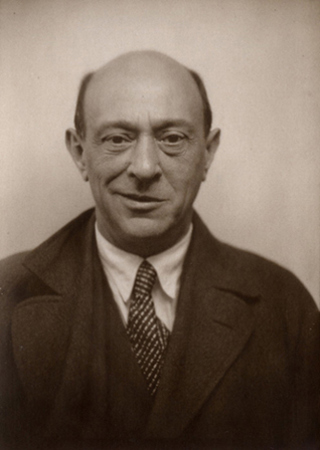
Elgar: Enigma Variations
Elgar told us all about how the inspiration for his first great success: "I began to play, and suddenly my wife interrupted by saying: "Edward, that's a good tune!... 'What is that?' I answered, 'Nothing – but something might be made of it." This little improvisation turned into one of Elgar's greatest pieces, a piece that made him a legend. This week we'll explore this hymn to good humor, joy, and profound friendship. We'll also explore why this piece is called "Enigma." Join us to dive right in!
8 Loka 202157min

Fantasia 2021: 7 Pieces to Get You Started with Classical Music
Almost everyone classical music fan has a memory of the first time they saw Fantasia. The brilliant combination of music and visuals made lifelong classical music fans out of millions of people. There's no audio only version of Fantasia, so this week I chose 7 brand new pieces that are a perfect entry point into classical music. These pieces represent composers from 6 countries and span 300 years of music. You'll hear from composers both familiar and brand new and I can't wait for you to dive right in!
30 Syys 202155min

Debussy La Mer
It's 1905 and you've just come to the premiere of Debussy's La Mer. The orchestra begins playing, and a magical and completely unique journey begins. Gone are the peaceful and placid portrayals of water in music of the past. Instead, you hear strange harmonies and a diffuse language that seems to revel in ambiguity. In fact, it sounds more like an impression of the sea than anything. This is the story of Debussy's La Mer, one of the most beautiful, strange, and compelling pieces of music ever written.
23 Syys 202155min

Mozart Symphony No. 41, "Jupiter"
Mozart's Jupiter Symphony is a piece that can practically define the classical era symphony. Mozart pulls out every trick in the compositional book and practically sums up everything written before him. It is a symphony full of musical cliches, self-references, and in some cases, flat out thefts from other composers. But as always with Mozart, the thrill of his originality shines through at every moment. Today we'll explore just how Mozart created this masterpiece of art and musical architecture. Join us!
16 Syys 202144min

Schumann Symphony No. 2
Schumann's life was marked with severe mental health issues. In 1844, Schumann suffered one of his worst breakdowns yet. He was dizzy, weak, had vision problems, couldn't sleep, and couldn't listen to music. By 1845 Schumann slowly began to recover and the first wholly new work he produced was a symphony in C Major. As Schumann said, "I began to feel more myself when I wrote the last movement, and was assuredly better....still, it reminds me of dark days." Today, we'll talk all about this huge symphony!
9 Syys 202156min

Brahms Symphony No. 2
Brahms spent much of his life battling with his ambition to write great symphonies and his terror at the spectre of Beethoven looming over him. His first symphony was a success, and with immense relief, Brahms quickly turned out a second symphony in just 4 months, a bit less than the 14 tortured years it took him to craft the first. At first glance this symphony sounds pastoral and idyllic, but there are plenty of clouds in this seminal masterpiece, something we'll discuss throughout the show. Join us!
3 Syys 20211h 4min

How to Understand(and Enjoy!) Atonal Music, Part 2: The Wars of the 1950s
The 1950s featured a musical battle, pitting composers like Boulez, Carter, and Babbit against Bernstein, Copland, and Messaien. But how did the Post World War II movement towards total serialism and the avant-garde came about? And how did even the most forward thinking of artists become caught between the two camps of the tonalists and the serialists? We'll talk all about this today, as the battles between these two camps have ensnared almost every composer and continue to this day. Join us to learn more!
26 Elo 202146min

How to Listen to (and Enjoy!) Atonal Music, Part 1
This week we're talking all about atonal music! I'm going to tell you all about the history of this controversial development in classical music, its development, and perhaps most importantly, I'll try to find a way to help you enjoy this music in all of its complexity, intensity, and yes, beauty. Part 1 is focused on 12 tone music and the beginnings of this powerful movement that transformed 20th century music, and according to some, ruined it. If you're ready to give atonal music a shot, join us!
19 Elo 202153min






















